Amiodarone
✅ Treats irregular heartbeat
✅ Prevents blood clots
✅ Reduces stroke risk
✅ Enhances heart function
✅ Minimizes hospital visits
Cordarone contains Amiodarone
Cordarone Tablet is prescribed to manage severe heart rhythm disorders (arrhythmias) including fibrillation and tachycardia. As an anti-arrhythmic medication, it effectively stabilizes and normalizes irregular heartbeats.
This medication can be taken with or without meals, though maintaining consistent daily timing is recommended to prevent missed doses. Regular monitoring of blood pressure and heart rate may be necessary during treatment. Continue taking it as prescribed unless your physician advises otherwise, as abrupt discontinuation may trigger dangerous cardiac arrhythmias that could be life-threatening.
Common adverse effects may include pulmonary complications, rapid heartbeat, heart failure, and elevated liver enzymes. This medication may also impact liver, lung, nervous system, and thyroid function. Consult your healthcare provider about potential warning signs and report any symptoms promptly. Note that Cordarone has a prolonged elimination period, meaning side effects may persist after treatment cessation. Discuss preventive strategies with your doctor.
Prior to starting therapy, disclose any history of hypotension, alcohol consumption, or hepatic, cardiac, or thyroid disorders. Provide a complete list of current medications as Cordarone may interact with various drugs, including certain antibiotics and psychiatric medications. Some combinations should be avoided.
Pregnant or nursing women should seek medical advice before use. Your physician will conduct periodic liver and thyroid function tests, and may recommend additional blood work, imaging studies, and ocular examinations throughout your treatment course.
THERAPEUTIC APPLICATIONS OF CORDARONE TABLET
- Management of cardiac arrhythmias
THERAPEUTIC ADVANTAGES
Arrhythmia Management
ADVERSE EFFECTS OF CORDARONE TABLET
Frequently observed reactions
- Pulmonary toxicity
- Palpitations
- Cardiac decompensation
- Hepatic enzyme elevation
ADMINISTRATION GUIDELINES
PHARMACOLOGICAL MECHANISM
Important Notice:
| Strength | 100 mg, 200 mg |
|---|---|
| Quantity | 30 Tablet/s, 60 Tablet/s, 90 Tablet/s |
| Pharma Form | Tablet/s |
| Manufacturer | Sanofi India Ltd |
| Treatment | Arrhythmias |
| Generic Brand | Amiodarone |
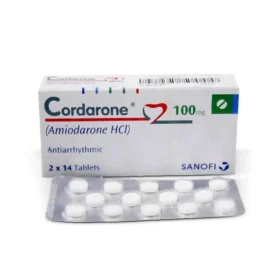 Amiodarone
Amiodarone









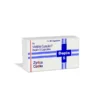






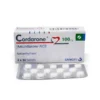
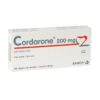
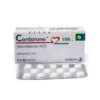
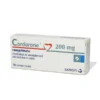
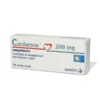
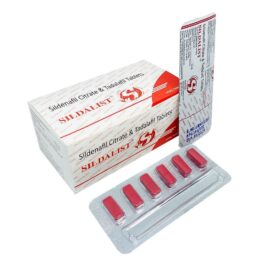
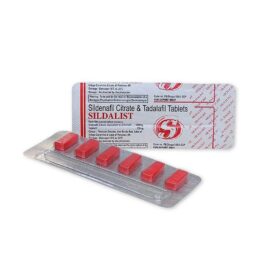
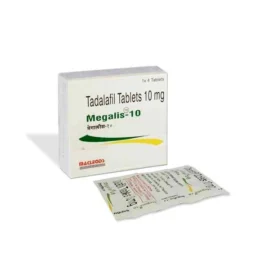
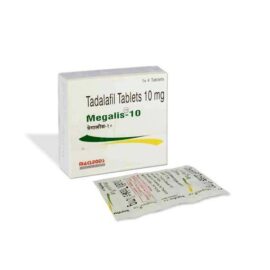
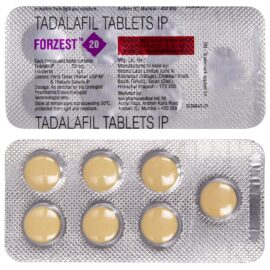
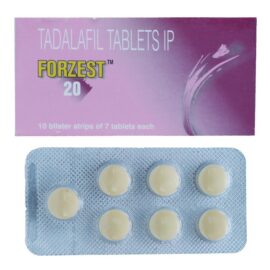
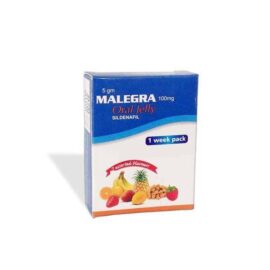

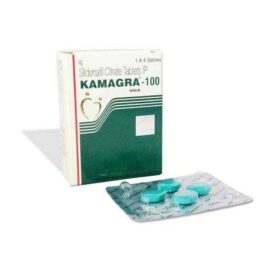
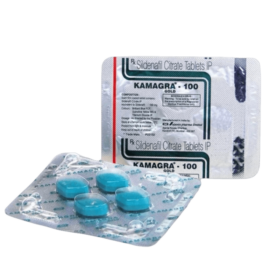
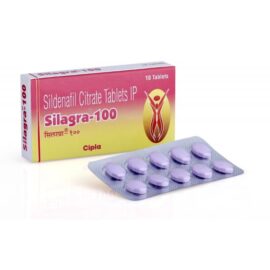
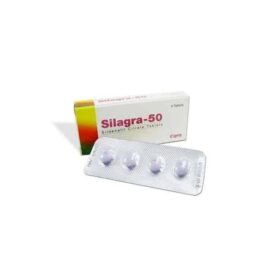
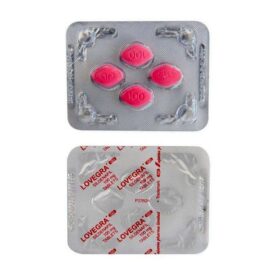
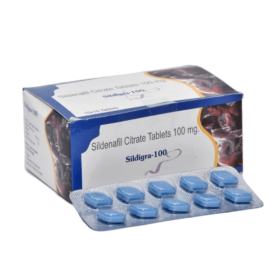
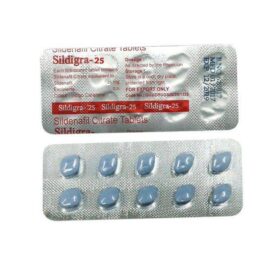
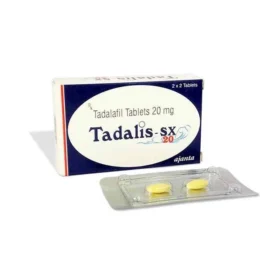
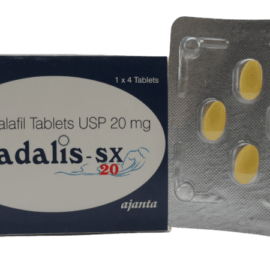


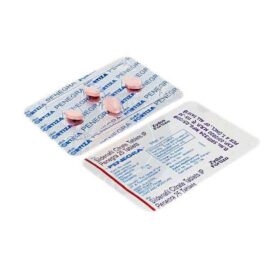
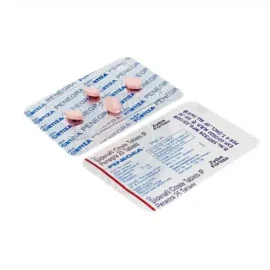
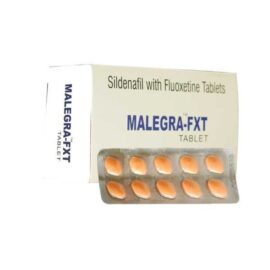
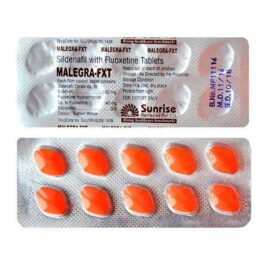
Reviews
There are no reviews yet